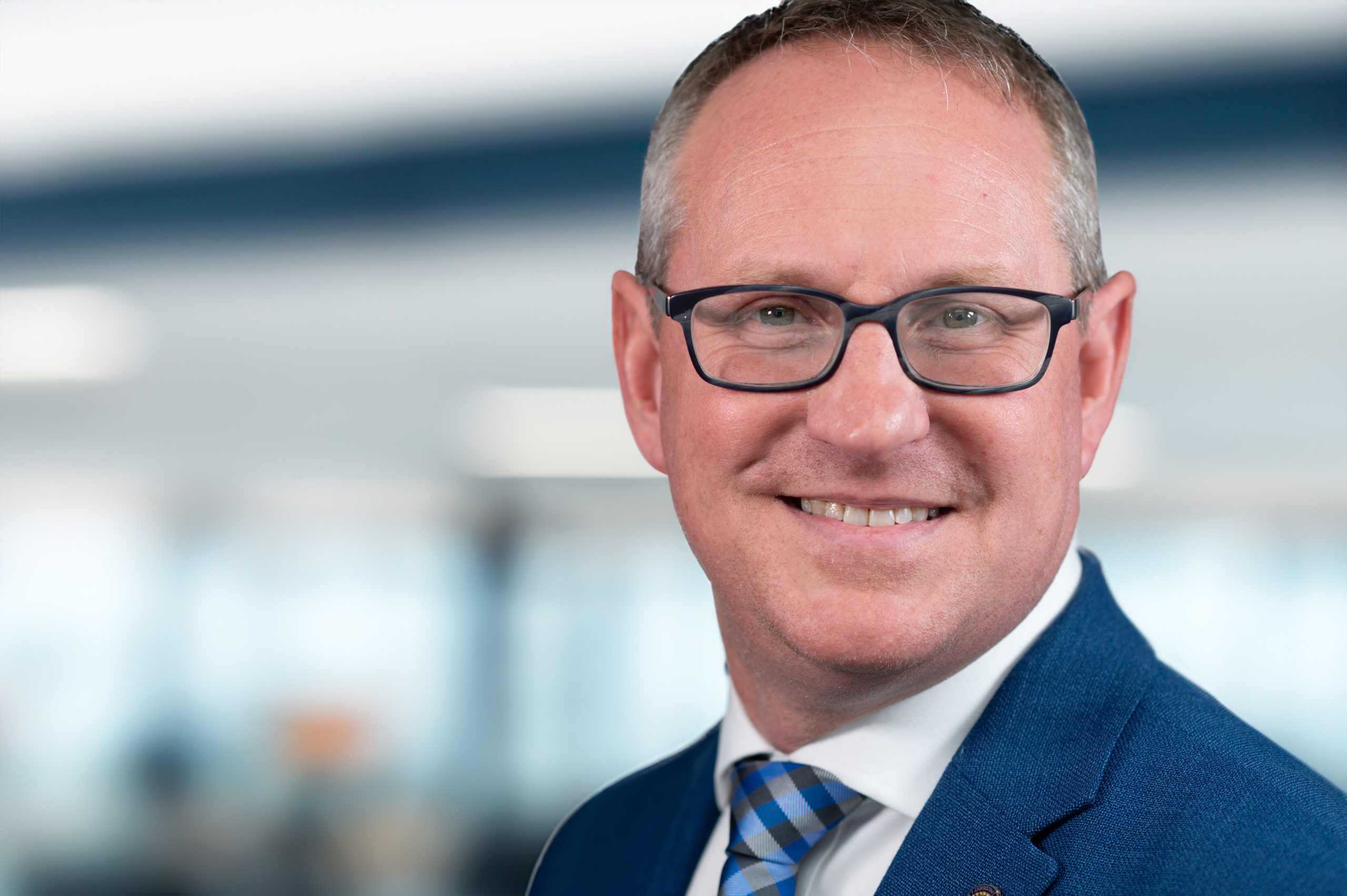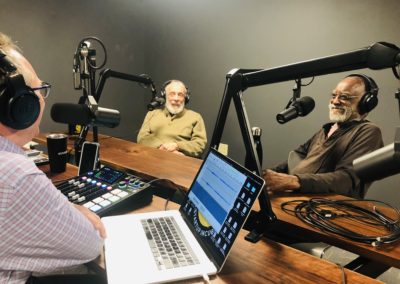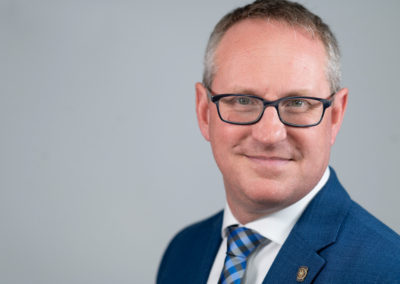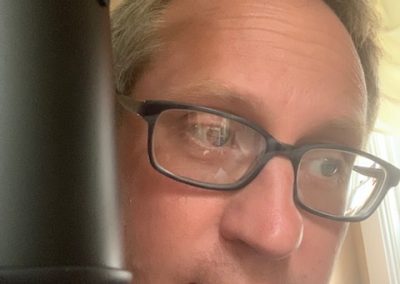Construction Apart from Destruction
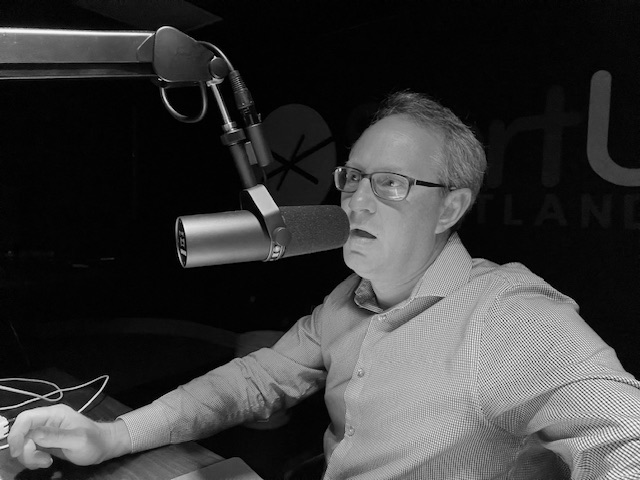
Used by permission of author
Scott M. Graves is Founder of M the Media Project and SMGraves Associates. As contributing writer to M, he writes under the series Essays from An Artist andDemocratic Capitalism. He formerly wrote under the additional series Politics, Done Local.
His work at SMGraves Associates focuses on building value in real property by considering the commercial and social ecosystems that play out within our built environments. Community Development that seeks to build pride in place and create economic opportunity for more citizens of our cities and towns.
I recently had the pleasure of presenting then discussing workforce opportunities for the built environment with high schoolers in my adoptive hometown of Rutland, VT. We participated together in Rutland High School’s Global Progress Summit.
The design of my presentation offered a series of questions, considerations really that I wanted to impart on my young audience so they can cultivate their fundamental selves, which I offered to them was the first step before considering the more pragmatic ‘what do I want to do?’
I asked of them to first ask themselves, ‘what kind of person do I want to be’? and ‘what kind of a world do I want to build?’
We began with a quote from the great Wendell Berry. This quote has hung prominently in every business incubator space I’ve ever developed and led.
In the loss of skill, we lose stewardship; in losing stewardship we lose fellowship; we become outcasts from the great neighborhood of Creation. It is possible- as our experience in this good land shows- to exile ourselves from Creation, and to ally ourselves with the principle of destruction- which is, ultimately, the principle of nonentity. It is to be willing in general for being to not-be. And once we have allied ourselves with that principle, we are foolish to think that we can control the result.
(page 303, The Gift of the Good Land) —Wendell Berry The Art of the Commonplace: The Agrarian Essays

We then took the opportunity to break this down.
In the loss of skill, we lose stewardship; in losing stewardship we lose fellowship; we become outcasts from the great neighborhood of Creation.
To have skill is to be able to create, to heal, to rejuvenate, to be a part of what becomes an endless cycle, something bigger than ourselves, like farmers who steward the land for millennium. This brings humans together: fellowship. When we lose this, we lose our connection to that which bore our entire universe in the first place.
It is possible- as our experience in this good land shows- to exile ourselves from Creation, and to ally ourselves with the principle of destruction- which is, ultimately, the principle of nonentity.
To deny ourselves the joy, the love that comes from creation (how many theatre kids here, how many music kids here, poets, writers, how many robotics kids here, (show of hands). Now how many of you consider yourselves to be creative?When we deny ourselves our inherent need to create, we deny ourselves love. We deny ourselves community. We deny our humanity and the humanity of others. In our society, we become simplified, stultified consumers. This is when we become and follow the principle of Nonentity.
It is to be willing in general for being to not-be. And once we have allied ourselves with that principle, we are foolish to think that we can control the result.
To simply consume is to destroy. We have the power to be a member of the earth’s great community and to steward or serve one another with positive creation. Or, we also have the power to consume and to do so at the expense of others. But once we unleash that raw consumption without bounds, we may never be able to control it until it consumes us.
If we embrace the idea that craft and skill relate to fellowship that relates to stewardship; if we agree that the opposite of positive creation or construction is destruction; And if we agree that to construct is to be human while the opposite destruction is inhuman, then we cannot deny we need to pull away from our destructive, consumption obsession.
This destructive mindset is affecting our politics, economy and climate. It is causing a mass mental health crisis with our youth. Young people make up for a lack of life experience or ways to tell themselves whatever they want to hear with intuition. They rely more heavily on their inner voices. They inherently sense when we adults are telling ourselves a load of bullshit just to get through the day.
They know and we know.
It’s time to get creative. To value building a new community, a renewed commonwealth. It is time to build the housing we need. It is time to build the neighborhoods are inner children long for.
It is time for a new construction.
It is time to end destruction.
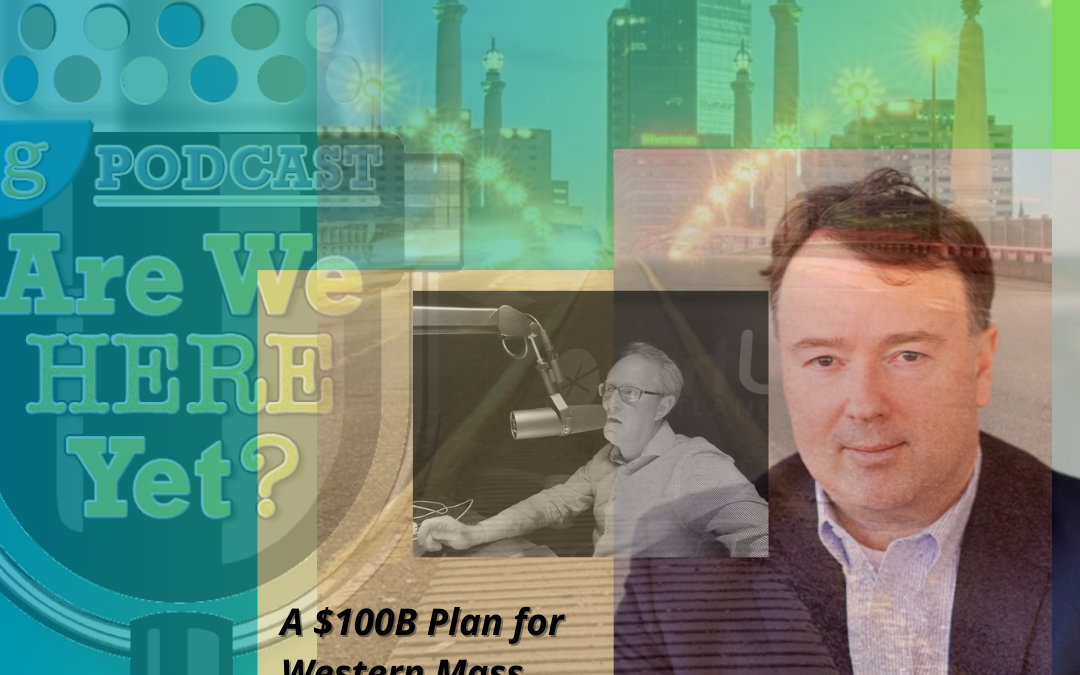
Episode 180 Are We Here Yet?
Venture Capital & Housing Investment for a better Western MADominic Endicott joins us for a second time on the AWHY? Podcast to discuss a white paper co-published by Dominic and AWHY? Host Scott Graves, detailing a $100 billion dollar strategy for transforming the...
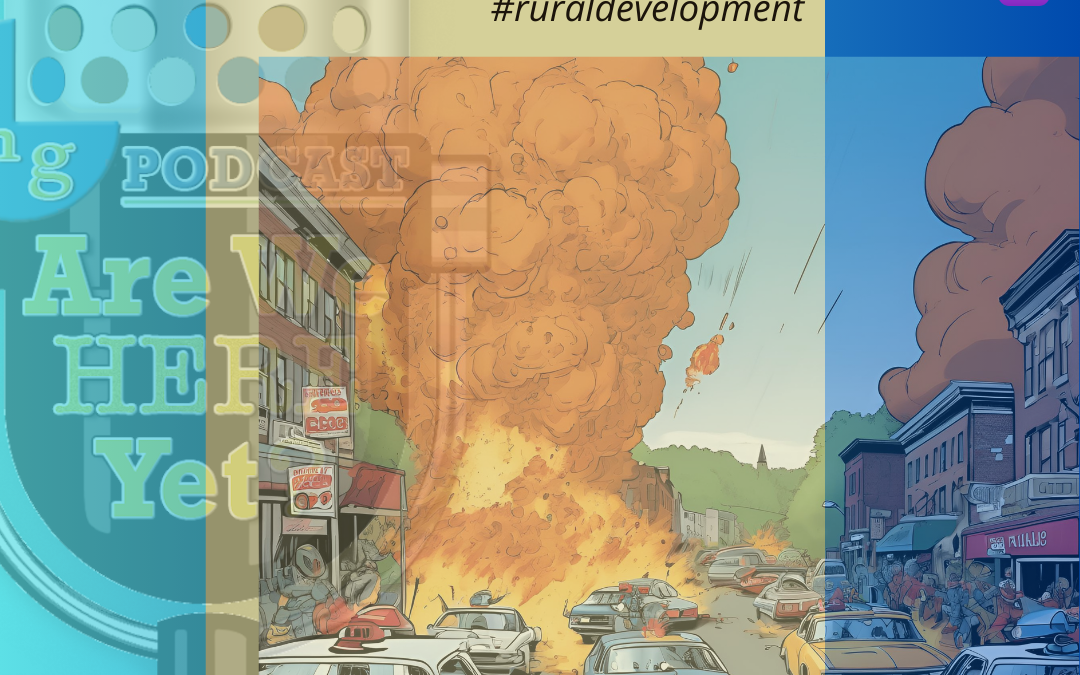
Episode 179 Are We Here Yet?
Plus new podcast announcement ‘Housers’Host Scott Graves is joined by fellow Vermont houser Stephen Box of Rutland. Our discussion focused on both the local discussion and a more global look at how parking is affecting housing in all of our communities in the United...

Episode 12 Innova802
A Collaboration with Interchain LiveWe’re diving into Blockchain and Crypto as the new year comes into being. Innova802 co-host Ryan Munn is no stranger to how blockchain could transform the way we think of and transact money. But our society has placed some...
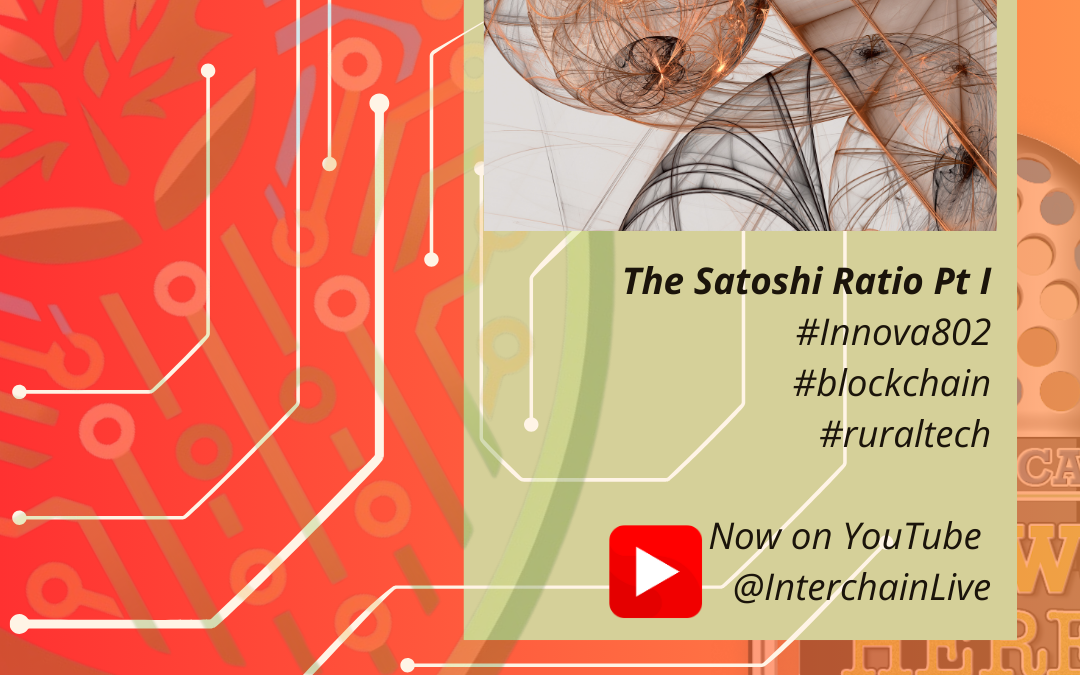
Episode 11 Innova802
A Collaboration with Interchain LiveWe’re diving into Blockchain and Crypto as the new year comes into being. Innova802 co-host Ryan Munn is no stranger to how blockchain could transform the way we think of and transact money. But our society has placed some...
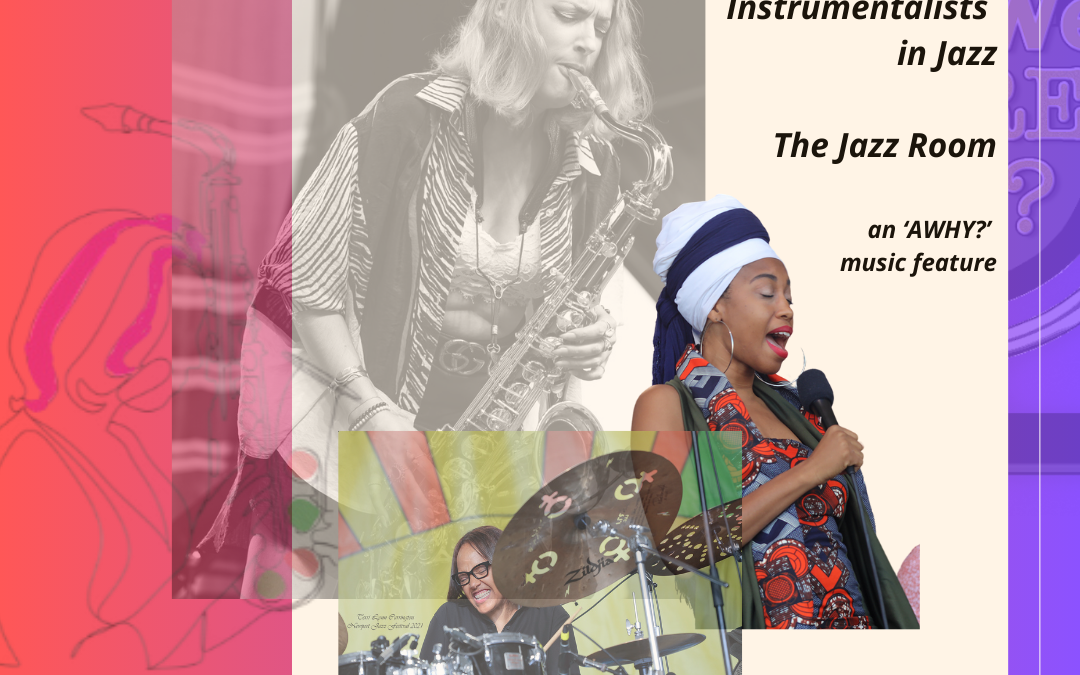
Episode 178 Are We Here Yet?
with Host Joan Watson JonesAnd in today's episode we show you some of the leading examples today. We end our season ten with host Joan Watson Jones look into some of Jazz’s unsung heroes. Women representing a wide range of ethnic and social backgrounds have always...
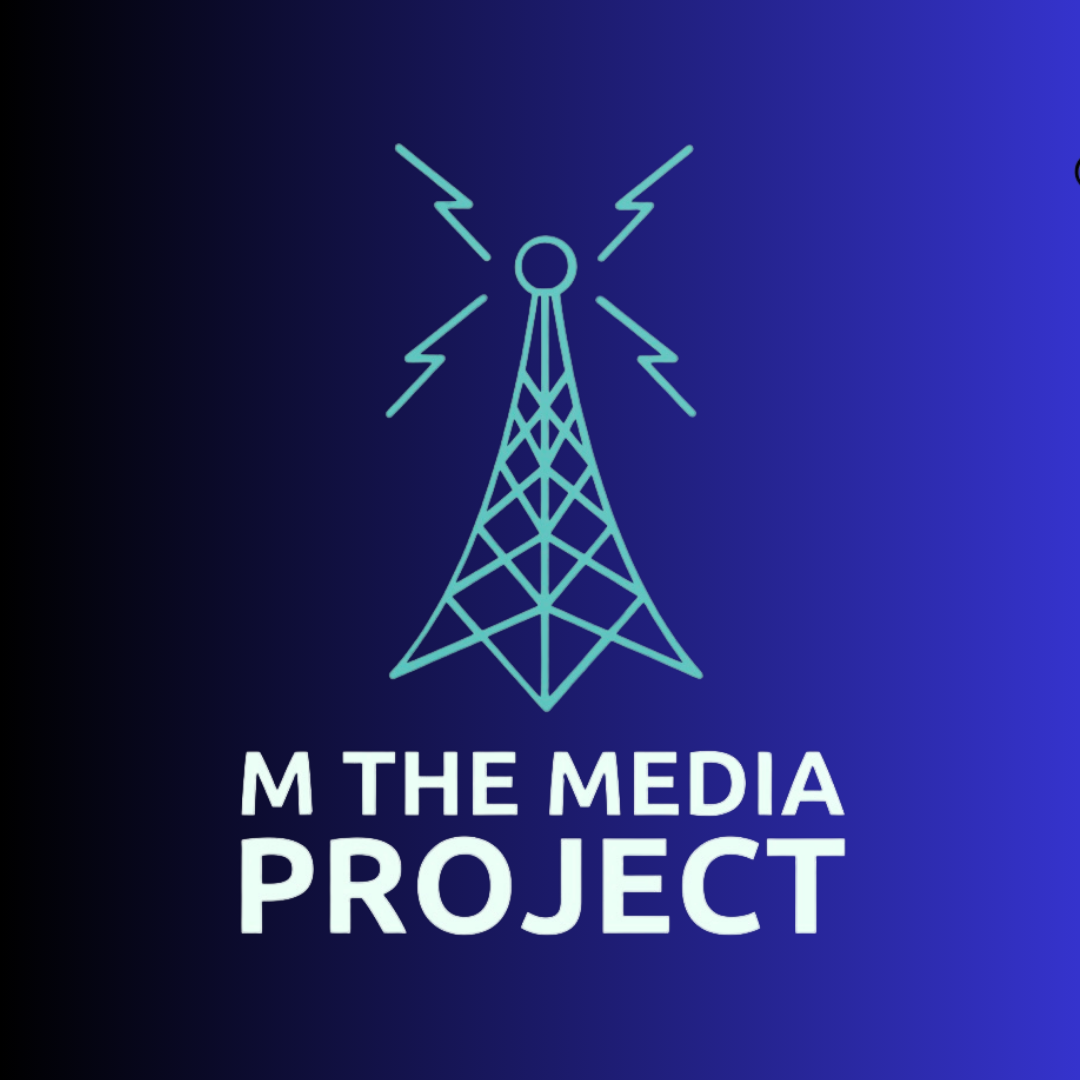
Interested in advertising with us? Perhaps you want a unique way to support the economic development work we accomplish while getting access to our intelligent and informed listeners? Join our roster of supporters. Click that button below to find out more.

